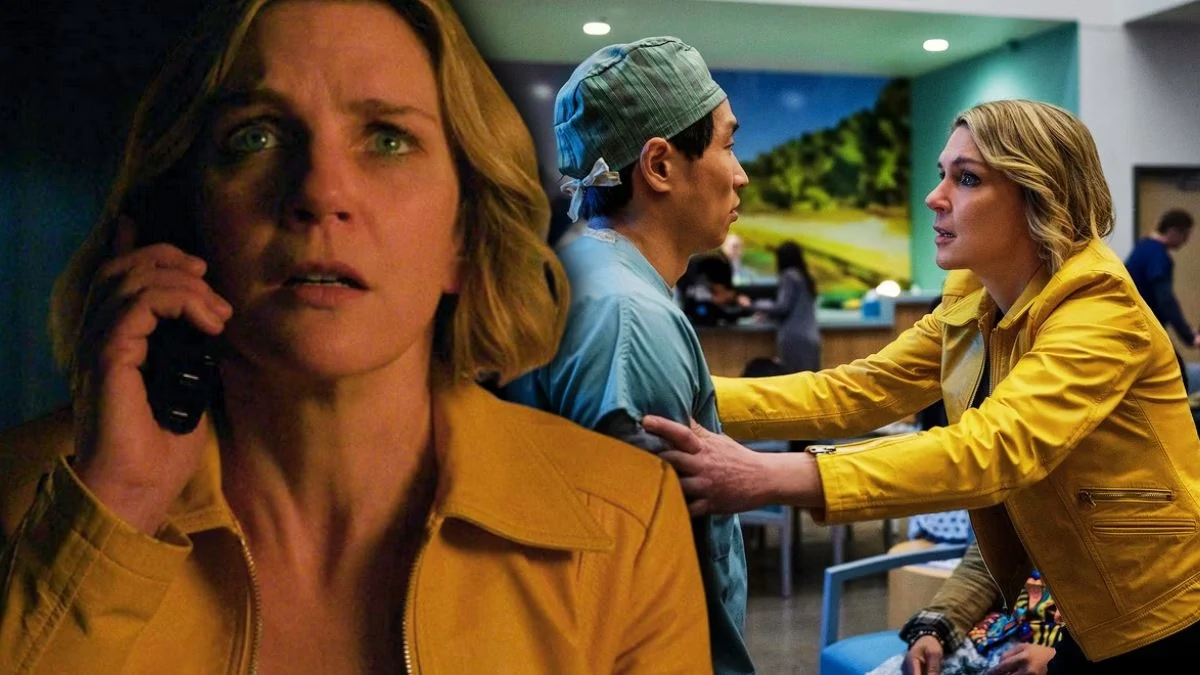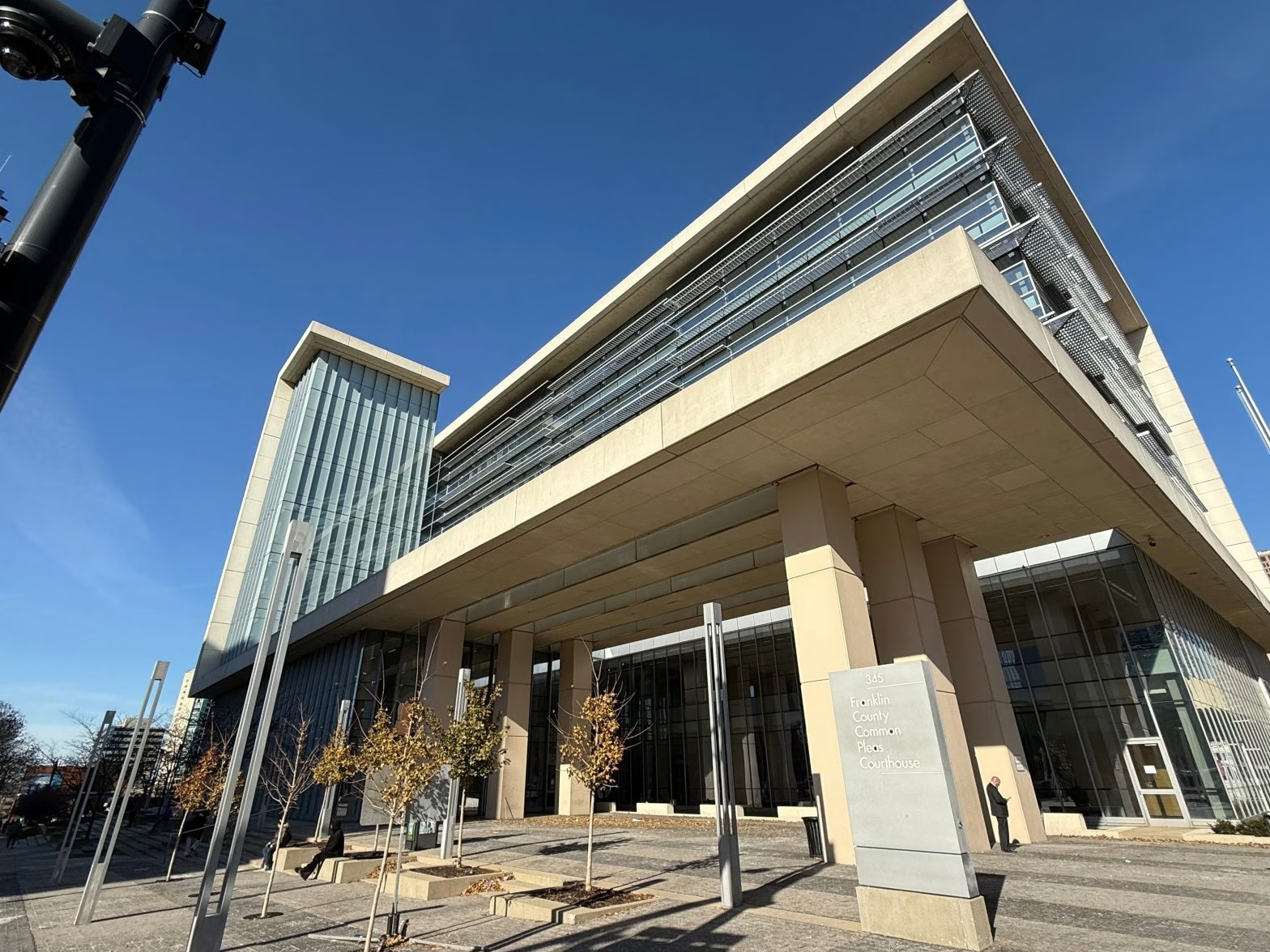An Infectious Disease Doctor’s Uncomfortable Seatmate: A Vaccine Skeptic On A Plane

The Intersection of Science and Conspiracy
Infectious diseases have become more than just health concerns; they are now a part of the political and social landscape. The way people discuss these issues often reflects a “with us or against us” mentality, which is increasingly common in today’s society. From debates about funding for global health initiatives to discussions about vaccine mandates, the conversation around infectious diseases is everywhere.
As someone who has spent 15 years training to become an infectious diseases physician-scientist, I find myself constantly engaged in these conversations. It can be frustrating when people choose to ignore decades of research and evidence in favor of what they read online. However, it’s important to remember that everyone has their own experiences and perspectives.
A Flight Conversation That Changed Perspectives
Recently, I found myself seated next to a young man on a flight, and the inevitable career question came up. I hesitated to share my profession, given the current climate of polarization. But I decided to face the challenge, even if it meant bracing for the worst.
Our conversation began with Lyme disease, a topic close to home since we were flying out of Connecticut. He asked if I had heard that Lyme disease was created as a bioterrorism weapon. I had not, because it wasn’t true. He then claimed it was called Lyme because that’s where it was released. I explained that Old Lyme, Connecticut, is where epidemiologists first recognized the connection between tick bites and the symptoms of the disease.
He continued with other conspiracy theories, suggesting that Lyme disease couldn’t be cured and was designed to be a weapon. I countered with the facts: we have effective antibiotics for the bacteria that cause Lyme disease, although some individuals may experience post-treatment symptoms. I also pointed out that using a treatable disease as a bioterrorism tool doesn’t make sense.
Discussing the Pandemic
We moved on to the topic of COVID-19, and our conversation became more open and respectful. He shared his experience of being forced to get vaccinated, feeling coerced to keep his job but fearing the vaccine’s purported harms. I shared my experience working in the hospital, witnessing numerous deaths and seeing the vaccine as a true savior.
I acknowledged that my passion for science might have made me dismissive of people whose concerns were more about financial stability and education. I admitted that there is always a small chance of adverse reactions to any medical intervention, and I understood why that could make some people hesitant.
However, I also emphasized the rigorous scientific process involved in developing treatments and making clinical recommendations. I explained that mRNA vaccines are not new and are not a government-led conspiracy to genetically manipulate the population. The misconception about mRNA entering the cell nucleus is unfounded, as our cells do not have the machinery to turn mRNA into DNA.
The Power of Dialogue
By the end of our flight, our conversation had covered a wide range of topics and perspectives. It was a real effort to hear and speak to each other, and I learned things from him too. In response to my insistence that his infection-related conspiracy theories were nothing but that, he admitted, “Yeah, you’re probably right.” Then he added, with a smile, “But conspiracies are a lot more fun.”
Conspiracies can be fun, especially for those who are young and healthy, bored, or looking for a community that offers “inside information.” But for the general population, they are incredibly dangerous. Conspiracy theories have led to measles outbreaks, targeted attacks on CDC employees, and challenges in containing Ebola and polio outbreaks.
A Hopeful Outlook
As our flight ended, I told my seatmate, “With COVID, vaccines, Lyme disease, any of it — I’m not your enemy.” He agreed, “True. But they always want to make someone your enemy.” Exactly. That is what conspiracy theories require. That is why we have to talk to each other. See me as a person. And I will do the same.
I am not your enemy. Neither is science.
Morgan Goheen, M.D., Ph.D., works at Yale School of Medicine as a research scientist and board-certified infectious diseases physician, and she is a Public Voices Fellow of The OpEd Project in Partnership with Yale University.
Additional Reading
- 12 Things Millennials Do That Gen Z Says Give Them The Ultimate “Ick”
- Doctors And Nurses Are Revealing The “Small” Health Signs You Should Never Ignore, And It’s Shocking
- “Young People Would Be Surprised By This”: 21 “Hard To Swallow” Truths About Getting Older That No One Talks About
- 5 famous toothpastes recalled or ditched for unsafe ingredients - December 16, 2025
- Dokter Richard Lee Kecewa Inara Rusli Nikahi Pria Beristri - December 16, 2025
- 510 Siswa Ikut Festival Bulutangkis Semarang 2025, Cetak Talent Baru - December 16, 2025




Leave a Reply